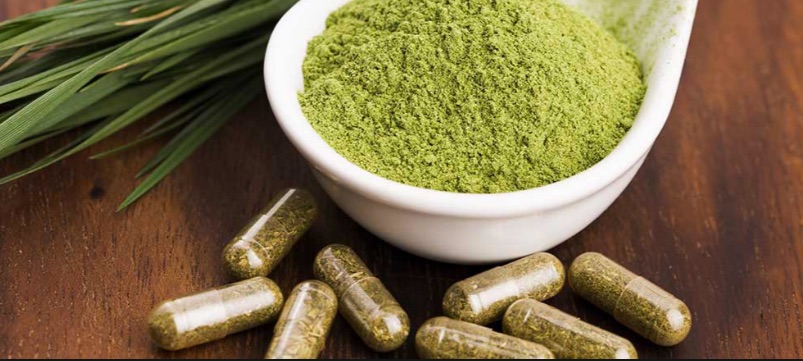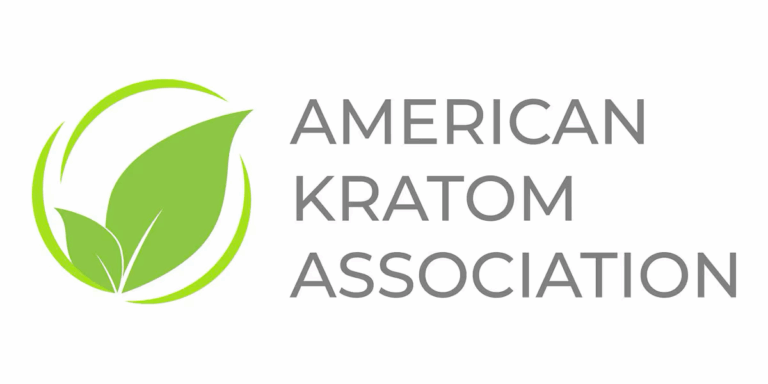After the Emergency Ban, What’s Next for Kratom?

One reason for the famously tough federal agency’s unusual move was “a large volume of phone calls from the American public” as well as messages from the scientific community and letters from members of Congress, says DEA spokesperson Russ Baer.
The withdrawal of an emergency substance restriction is something the DEA “has never been done before. It’s an unprecedented action,” Baer says. “[While] the DEA still believes kratom is a dangerous, harmful substance,” he says the agency wants to send the message that it is listening to citizens: “We don’t want the public to believe we are simply a group of government bureaucrats who don’t care about their safety and health.”
For its next step, the DEA is opening a six-week period for the public to comment on concerns, research and science related to kratom. After that the agency will look to the Food and Drug Administration to complete an evaluation of kratom’s medical and scientific potential. “The final question for us is if the FDA determines kratom to be a medicine or not,” Baer says.
That could take years. In the meantime, Ash and other advocates say they will continue lobbying to keep kratom available, and scientists are protecting their work by applying for research licenses from the DEA.




